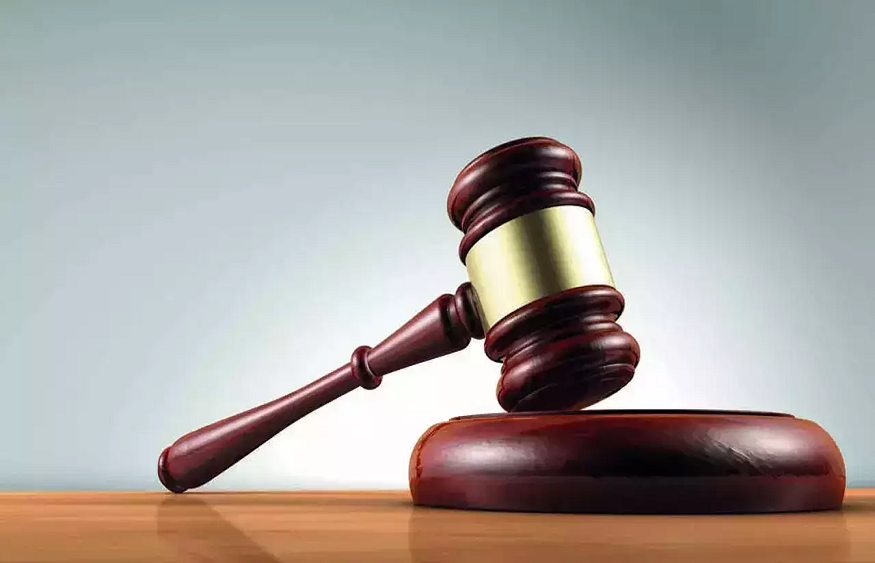Roundup is a popular weedkiller used by millions of people around the world. However, in recent years, there have been concerns about the product’s safety and its active ingredient, glyphosate. Studies have linked glyphosate to cancer and other serious health problems. As a result, many people exposed to Roundup are now seeking legal help. This article will discuss what you need to know about the Roundup lawsuit and how to get help if you have been affected.
If you or a loved one has been diagnosed with cancer after using Roundup, you may be entitled to compensation. A Roundup lawsuit helps you to recover damages for your medical expenses, lost wages, pain and suffering, and other losses associated with your diagnosis.
For Roundup lawsuit help, you must speak with an experienced attorney who can help you understand your legal rights and options. Your attorney can evaluate your case, gather evidence, and help you navigate the legal process to ensure you receive the compensation you deserve.
What is Roundup?
Roundup is a herbicide that was first introduced by Monsanto in 1974. It contains glyphosate, a chemical that kills weeds by inhibiting a specific enzyme essential for plant growth. Glyphosate is one of the most widely used herbicides in the world and is commonly used by farmers, landscapers, and homeowners.
The Link Between Roundup and Cancer
Several studies have linked glyphosate to cancer, including non-Hodgkin lymphoma, leukemia, and other serious health problems. In 2015, the International Agency for Research on Cancer (IARC), part of the World Health Organization, classified glyphosate as a probable human carcinogen.
The Roundup Lawsuit
Many people exposed to Roundup and developed cancer or other serious health problems are now seeking legal help. In 2018, a jury in California awarded $289 million in damages to a man who developed non-Hodgkin lymphoma after using Roundup for several years. Since then, thousands of other lawsuits have been filed against Monsanto, which Bayer AG now owns.
How to Get Help
You may be entitled to compensation if you or a loved one has been exposed to Roundup and developed cancer or other serious health problems. However, the legal process can be complex, and having an experienced attorney on your side is essential.
Violence is a vicious cycle that often leads to more violence. It’s a cycle that’s difficult to break, but it’s necessary if we want to create a safer and more just society. Seeking justice is the key to breaking this cycle rather than seeking revenge.
Seeking revenge is a natural human instinct when we feel wronged. However, it often leads to more harm than good. Retaliation can escalate a situation and lead to a never-ending cycle of violence. It’s like throwing gasoline on a fire. Revenge may provide temporary satisfaction but rarely leads to a long-term resolution.
On the other hand, seeking justice is about finding a fair and reasonable resolution to a conflict. Justice is about holding individuals accountable for their actions and ensuring that they face the consequences of their behavior. Seeking justice is not about revenge or punishment but finding a solution that benefits everyone involved.
Violence has unfortunately become a prevalent problem in many societies around the world. When someone experiences violence or harm, it can be tempting to seek revenge to get justice. However, this cycle of violence can become never-ending, leading to more damage and suffering for everyone involved.
Tort Advisor is an excellent resource for those seeking justice. The platform connects individuals with experienced lawyers who specialize in personal injury law. Tortadvisor can help victims of violence seek justice by giving them the legal support they need to hold their abusers accountable for their actions.
With us, individuals can find a lawyer who will work tirelessly to hold those responsible for their harm accountable. This process can include seeking compensation for medical bills, lost wages, and emotional trauma.
If you’re a victim of violence, seeking justice through legal means can be challenging and emotional. However, it’s important to remember that seeking justice is not about revenge but creating a safer and more just society for everyone. Breaking the cycle of violence requires individuals to take responsibility for their actions and face the consequences of their behavior.

